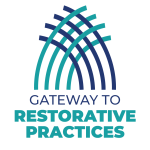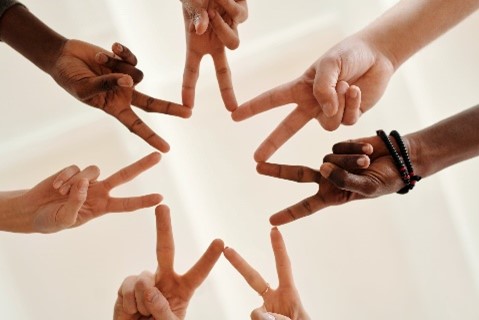“Restorative practices, at their best, are part of a school culture that prioritizes culturally sustaining pedagogy and authentic relationship building — connections that allow for trust, openness and inclusive spaces.”
Cory Collins, 2021
Many scholars come to school disconnected, lonely, isolated, and/or burdened by the effects of trauma and loss affecting their health, learning, and behavior. Although humans are hardwired with the desire to connect and thrive on healthy relationships, developing healthy relationships in our schools are often skipped.
RP 201 is a six-hour seminar that begins with research and implications on loneliness, isolation, disconnected
scholars, Adverse Childhood Experiences (ACEs) outcomes and their impact on learning, plus the more recent research (2019) on Positive Childhood Experiences (PCEs) from Johns Hopkins.
This foundation is connected to building restorative relationships. Restorative Practices principles focus on intentional actions meant to emphasize the importance of building trusting relationships, improving existing relationships, and repairing relationships when harm has occurred. Educators will explore the importance of scholar-teacher relationships and how to create relationships with scholars. Many practical activities are woven into the content.
To accommodate differences between elementary and secondary content a few training segments will offer different content simultaneously for participants. Recommended pre-requisite RP 101: Introduction to Restorative Practices. Register with MCS PD.

